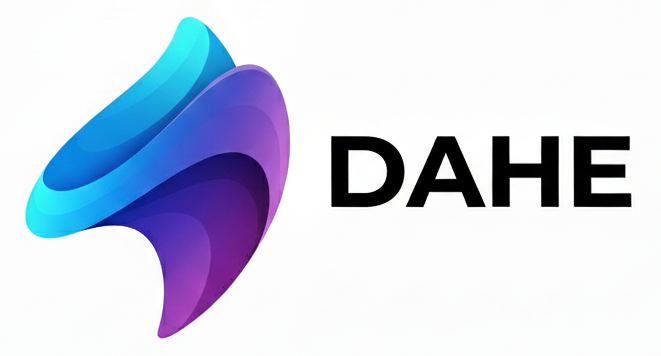[ad_1]
chatgpt
Chatbots are quickly becoming a must-have for businesses of all sizes. They offer a convenient, cost-effective way to provide customer service, automate simple tasks, and even generate leads. However, with so many chatbot options available, it can be hard to know which platform to choose. In this article, we’ll take a deep dive into ChatGPT, exploring its features, benefits, and use cases.
What is ChatGPT?
ChatGPT is a chatbot platform developed by Hugging Face, a company that specializes in natural language processing (NLP) and deep learning. Unlike many other chatbot platforms, ChatGPT is built on open-source technology, which means that users can modify and customize the platform to meet their specific needs.
What are the Features of ChatGPT?
One of the key features of ChatGPT is its ability to understand natural language. Using NLP and deep learning algorithms, ChatGPT can interpret user requests and respond in a conversational way. This makes it ideal for use cases such as customer support, where users may have complex questions or issues that need to be addressed.
Another key feature of ChatGPT is its flexibility. The platform can be integrated with a variety of third-party services, such as CRM systems, email marketing tools, and e-commerce platforms. This makes it easy to create custom workflows that automate tasks such as lead generation, appointment scheduling, and order processing.
Benefits of ChatGPT
One of the main benefits of ChatGPT is its ability to save time and reduce costs. By automating tasks that would otherwise require human intervention, businesses can free up resources to focus on more strategic initiatives. Additionally, ChatGPT is available 24/7, which means that customers can receive support or make purchases at any time of the day or night.
Another benefit of ChatGPT is its ability to improve customer satisfaction. By providing fast, personalized support via chat, businesses can create a positive customer experience that leads to increased loyalty and repeat business. ChatGPT can also help businesses gather valuable feedback from customers, which can be used to drive product innovation and improve overall satisfaction.
Use Cases for ChatGPT
ChatGPT can be used in a variety of ways across different industries. Some common use cases include:
1. Customer support: ChatGPT can be used to provide fast, personalized support to customers via chat. This can include answering frequently asked questions, resolving issues, and providing product recommendations.
2. Lead generation: ChatGPT can be used to engage with potential customers and collect contact information for follow-up. By providing personalized recommendations and answering questions, ChatGPT can help businesses convert website visitors into leads.
3. Appointment scheduling: ChatGPT can be integrated with scheduling software to allow customers to book appointments or consultations with sales representatives, customer support agents, or other team members.
4. E-commerce: ChatGPT can be used to guide customers through the purchasing process, provide product recommendations, and answer questions about shipping, returns, and other policies.
Wrapping Up
ChatGPT is a powerful chatbot platform that can help businesses of all sizes save time, reduce costs, and improve customer satisfaction. With its natural language processing and deep learning capabilities, ChatGPT can provide fast, personalized support to customers, automate simple tasks, and even generate leads. Whether you’re looking to improve your customer support, increase sales, or streamline your workflows, ChatGPT is a platform worth exploring.
[ad_2]





Leave a Reply